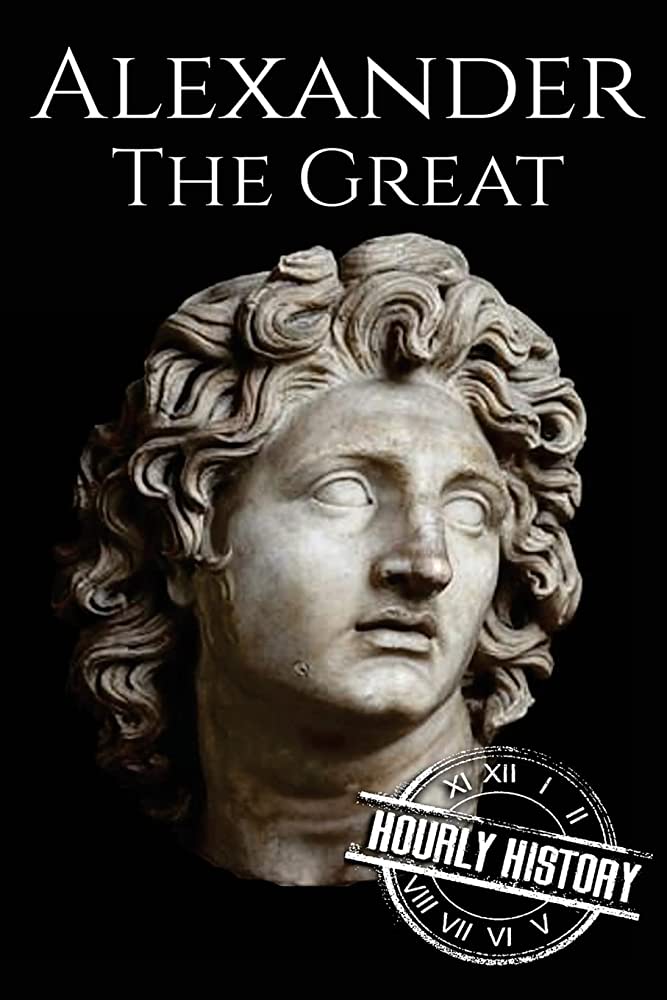Napoleon Bonaparte and Alexander the Great were two celebrated military leaders who have left an indelible mark on world history. Alexander the Great was a conqueror who succeeded his father as king of Macedon and went on to conquer vast territories that stretched from Greece to India. Napoleon Bonaparte was a French military general who rose to power during the French Revolution and became the first consul of France in 1799, later declaring himself emperor. Both leaders were masters of tactics and strategy and have inspired countless military leaders throughout history. Their legacy has stood the test of time, with Alexander’s conquests spreading Hellenistic culture and ideas and Napoleon leading the way to modern warfare and introducing political reforms in France.
Napoleon Bonaparte vs. Alexander the Great: A Battle of Historical Titans
Introduction
The world has seen a plethora of great military leaders throughout history. Two names that still resonate with admiration and awe are Napoleon Bonaparte and Alexander the Great. These two leaders, belonging to different epochs and dynasties, have nevertheless left an indelible mark on world history. This article aims to compare and contrast these two great generals and explore their similarities and differences.
Background and Early Life
Alexander the Great was born in 356 BCE in Macedon to King Philip II and Queen Olympias. He received his military training from his father and Aristotle, the Greek philosopher. Napoleon Bonaparte, on the other hand, was born in 1769 CE in Corsica, which was then a French protectorate. He belonged to a minor noble family and received military education at the Royal Military School in France.
Rise to Power
Alexander the Great succeeded his father as king at the age of 20 and went on to conquer vast territories, including Greece, Egypt, Persia, and India. He became the ruler of an empire that stretched from Greece to India. Napoleon Bonaparte, on the other hand, was a military general who rose to power during the French Revolution. He became the First Consul of France in 1799 and later declared himself Emperor.
Military Campaigns
Alexander the Great is known for his victorious military campaigns that led to the conquest of vast territories. He defeated the Persian emperor Darius III at the Battle of Issus and went on to conquer Egypt and the rest of the Persian Empire. Napoleon Bonaparte, too, is known for his military campaigns, which led to the conquest of much of Europe. He conquered Italy, Egypt, and much of the continent, except for Britain and Russia.
Tactics and Strategy
Alexander the Great was a master of tactics and strategy, and his military campaigns were marked by speed, flexibility, and innovation. He used a phalanx formation that was unbeatable in battle and utilized his cavalry to great effect. Napoleon Bonaparte was also a master of tactics and strategy and is widely regarded as one of the greatest military strategists of all time. He used innovative tactics such as the use of artillery and the use of columns instead of linear formations.
Legacy
The legacies of Alexander the Great and Napoleon Bonaparte are significant and lasting. Alexander’s conquests spread Hellenistic culture and ideas throughout the world, and his empire became a center of intellectual and cultural activity. Napoleon led the way to modern warfare, established a modern legal code, and introduced political reforms in France. Both leaders have been immortalized in history and have inspired countless military leaders and strategists.
Conclusion
Alexander the Great and Napoleon Bonaparte are two of the most celebrated military leaders in history. Both left an indelible mark on the world and are admired and revered for their military prowess, innovative tactics, and strategic acumen. While they differ in the period they lived in, their technique, style and legacy have stood the test of time.
